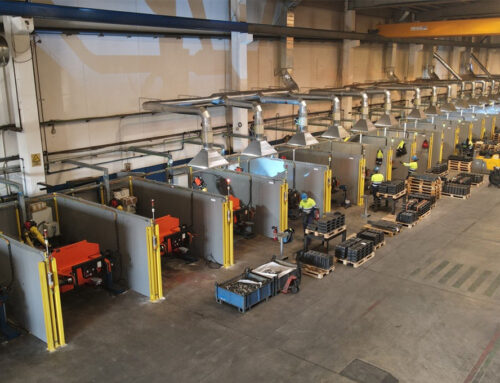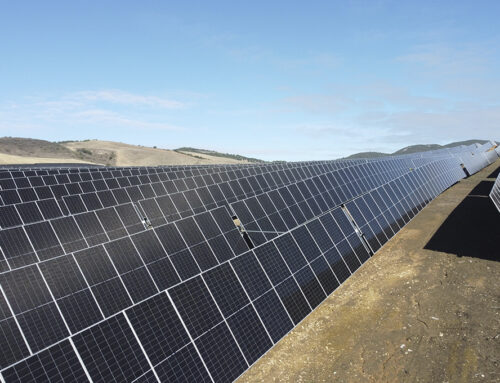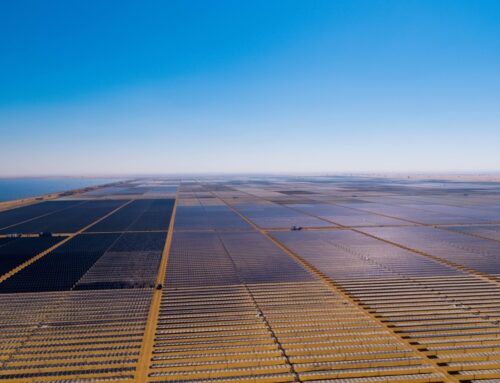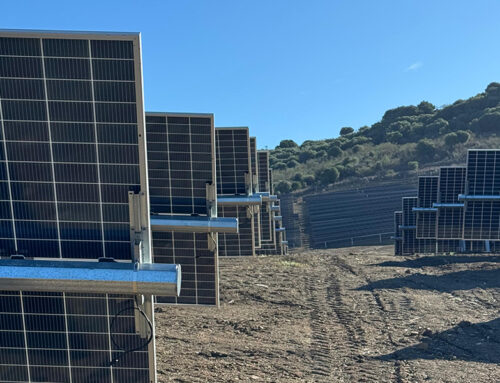Álvaro Casado, CRO of PVH Middle East: “Our strategic focus is on consolidating and strengthening PVH’s leadership by relying on the local team and developing a solid infrastructure in all phases of the projects”
08/04/2024
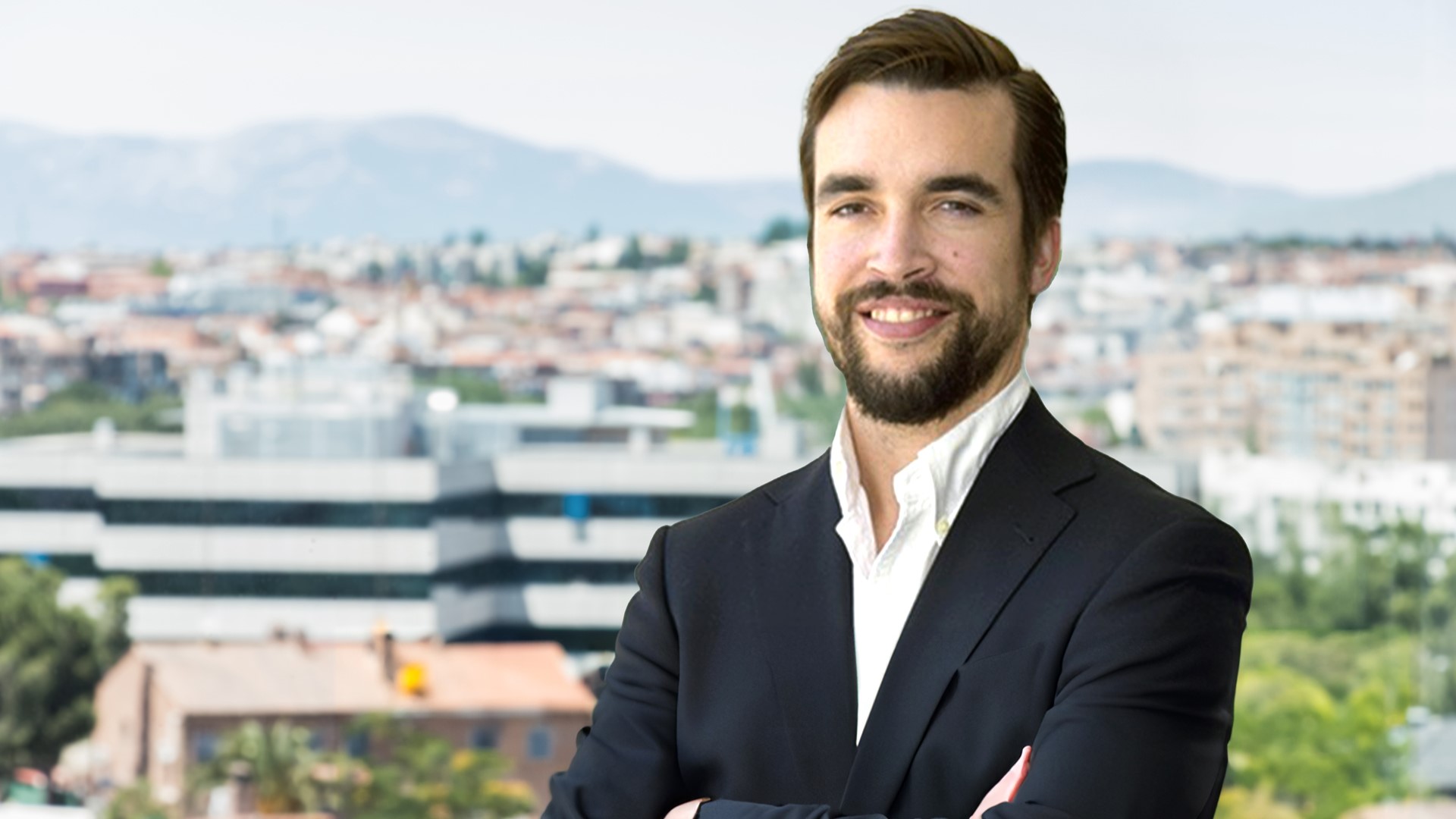
Alvaro Casado, CRO of PVH Middle East, has been a key figure in the consolidation of the company as one of the leaders in the solar energy industry in the Middle East and Asia. In a recent interview, he shared his vision and outstanding achievements during his career at PVH.
What are the specific achievements and milestones you would highlight in your career at PVH?
My most notable achievements in my PVH career include my role in significant projects such as the 60 MWp Aguafria PV plant and the 1 GWp DEWA III PV plant. These projects were not only successfully completed on time and on budget, but also laid the groundwork for PVH’s expansion in the region, consolidating our position as a leader in solar energy.
What are the biggest challenges PVH has faced in the Middle East and Asia in 2023, and how have you overcome them?
One of the biggest challenges we faced in the Middle East and Asia in 2023 was to establish our presence in a highly competitive region. We responded proactively and adapted nimbly, which allowed us to gain the trust of initial customers and position ourselves in global and regional rankings.
How do you see the near future in your new role as Chief Revenue Officer (CRO) for the Middle East and Asia at PVH? What can we expect in 2024?
As the new Chief Revenue Officer (CRO) for the Middle East and Asia at PVH, my main focus is to consolidate and strengthen our leadership. This implies a solid growth of the local team and an infrastructure that supports all our projects. We expect to maintain our growth and continue to set trends in the region during 2024.
How do you see PVH contributing to the growth of solar power in the Middle East and Asia, especially in the context of a rapidly expanding market that is estimated to exceed an annual capacity of 15 GW?
I believe PVH contributes to the growth of solar energy in the Middle East and Asia through investments in infrastructure and local talent, as well as through continuous innovation of our products. These elements are key to the sustainable growth of solar energy in the region, especially in a market that is expected to exceed an annual capacity of 15 GW.
What do you consider to be the added value of PVH Middle East compared to competitors?
Undoubtedly, for me, PVH’s added value is defined by its local manufacturing capabilities, its commitment to local talent and a highly competent team. This unique combination positions PVH Middle East as a valuable option for customers seeking high quality products and exceptional support in all phases of PV project development in the Middle East and Asia.
In addition, last week PVH participated in the World Future Energy Summit 2024, which was a tangible manifestation of our commitment to innovation, quality and leadership in the field of solar energy in the Middle East and Asia.
“Our participation in WFES was another proof of our commitment to innovation and leadership in solar energy,” Casado added. During the event, PVH exhibited the world’s largest solar tracking catalog and presented its latest innovations in solar tracking solutions, adapted to the changing needs of the market.

